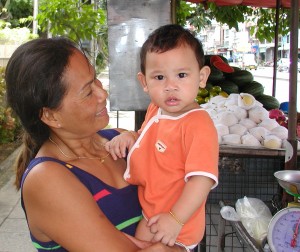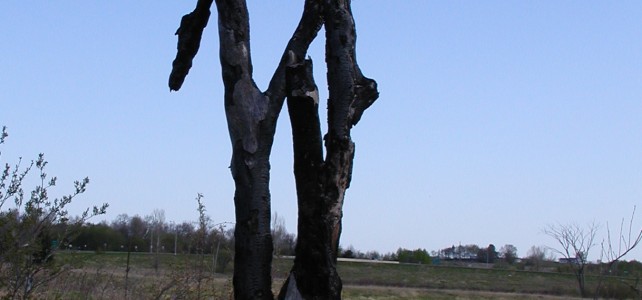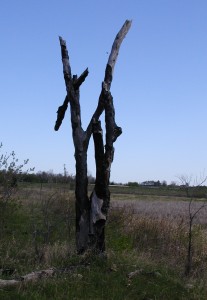Originally published in The Catholic Times September 21, 2014
I have a friend who’s leaving to spend a year living and working in the L’Arche community in Trosly, a small town north of Paris, France, so I was particularly interested in the interview with L’Arche founder, Jean Vanier, in the recent issue of the National Catholic Reporter. (For those unfamiliar with L’Arche, it is an international organization that forms communities of people with mental disabilities and those who live and care for them.)
As I read the article, two words stood out. First was “community.” Vanier sees individualism as “the greatest evil of our time,” and says that people enter the world of individualism to show how good they are and often that they are better than the rest. It’s a proving ground.
Community, on the other hand, is “a school of love.” There we reveal our woundedness and needs as well as respond to the needs and woundedness of others. Community is transformational. It isn’t easy as any person
living in one can attest. Community isn’t always marriage, family, or religious life. It can be our parish or work community, extended family, a close circle of friends or coworkers for a common cause. Whatever form it takes, true community requires sacrifice as well as celebration.
The other word was “tenderness.” Vanier referred to a psychiatrist who, when asked for a sign of maturity, said “tenderness,” and understands tenderness, not non-violence, to be the opposite of violence.
While speaking of those with disabilities who come to L’Arche, Vanier noted the importance of helping them discover their preciousness and beauty, not so much by what is done, but by “being with.” Listening, treating them with respect, with tenderness, that is where transformation happens. “What is important,” Vanier says, “is relationships.”
Our world is broken, and all carry pain within. Many people expressed surprise after discovering Robin Williams had been battling deep depression for years. As Vanier suggested, those types of wounds are not shared in the world of individualism, but in community.
Some people’s struggles are more visible resulting from ignorance, fear, and oppression. The poor. Women. The LGBT community. People of color. Homeless people, many of whom suffer from mental illness. How do we respond to them with tenderness? My experience tells me that “being with” is what opens my heart to those I might otherwise see only as “other.”
Before reading this interview, I was working on a column reflecting on the mystery of last Sunday’s feast, the Exultation of the Cross. As I read about L’Arche, the two themes wove themselves together: The cross present in the living of community, and tenderness both leading to and flowing from embracing the cross.
Sunday’s mass collect put me off: “O God, who willed that your Only Begotten Son should undergo the Cross to save the human race…” I’ve never been able to get my head around the image of a God who would demand a bloody sacrifice, of a son, no less, to appease Divine justice. Unfortunately, that is often the approach taken to make sense of Jesus’ suffering and death. It just doesn’t fit with Jesus’ image of God as “Abba,” “Daddy.”

PHOTO: Mary van Balen
This intimate address to a parent exudes tenderness, not retribution. There’s the father who welcomes home the prodigal son, the mother hen who gathers and protects her chicks, the shepherd who looks for lost sheep.
Then there’s Jesus himself who tells his followers, “When you see me, you see the one who sent me.” Jesus ate with sinners, hung out with those on the fringes, embraced children, and preached giving oneself for others. When asked why he spent time with such people, Jesus replied, “Go and learn the meaning of the words ‘I desire mercy, not sacrifice.’”
Jesus spoke of God as community, Trinity and invited us to join in. As Vanier noted, community transforms. Community with God transforms completely.
No, I can’t imagine God willing Jesus to suffer. While I’m familiar with doctrines of substitutional, even penal atonement, I have to go with my prayer and my heart. The world couldn’t cope with the radical love and truth of Jesus, and rather than abandoning who he knew himself to be, Jesus embraced the cross his faithfulness brought. His death and resurrection poured the salve of unconditional love on the wounds of humanity, and calls us to do the same. Community. Tenderness. Jesus asks us to share in his cross and resurrection, opening the door to a transformative relationship with God and all God’s people.
© 2014 Mary van Balen


Speak Your Mind